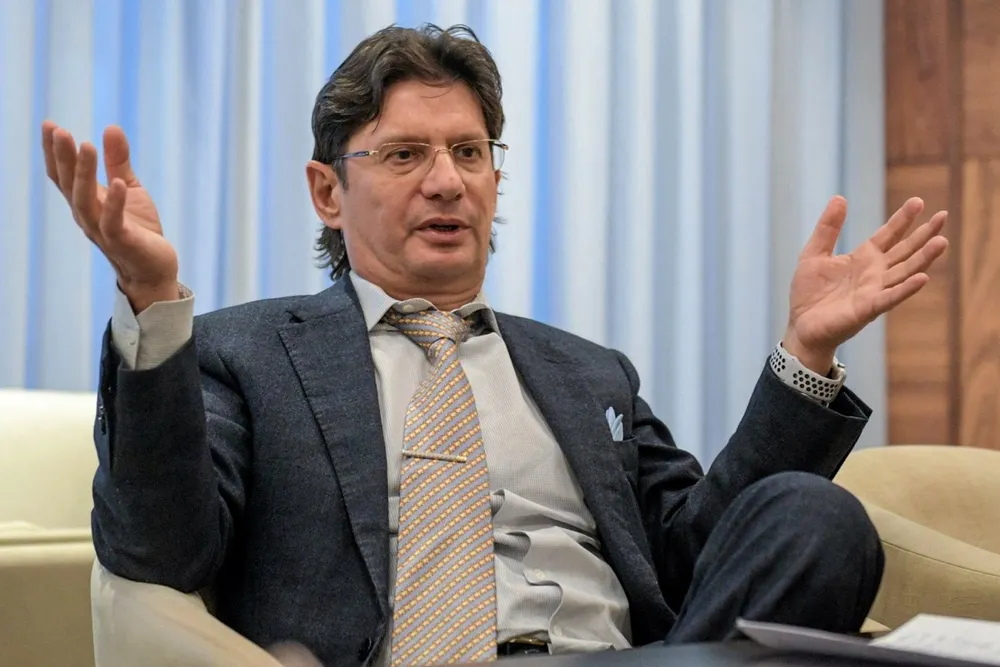More trees, please: Lukoil's Fedun targets Russia's carbon farms and CCUS potential
Vice president of Russian oil producer points to vast opportunities in carbon capture and utilisation projects

Vice president of Russian oil producer points to vast opportunities in carbon capture and utilisation projects
